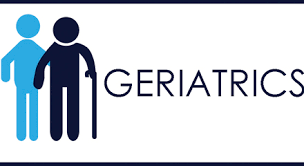
- Teacher: Hafiz Khan
- Teacher: Prof. Dr. Hafiz T. A. Khan

There is no content in this section.
To add content, click on the above link ‘Edit course text’
Why you should learn this course?Epidemiology 1 is a 3-credit course designed for public health care professionals. ‘Epidemiology’ is the basic science of public health. Often called “the cornerstone” of public health, epidemiology is the study of the distribution and determinants of diseases, health conditions, or events among populations and the application of that study to control health problems. Epidemiological methods are frequently used by public health professionals to determine relevant risk factors associated with disease occurrence. Knowledge of these risk factors is used to direct further research investigation and to implement disease control measures as well as to promote health. Course objectives: On successful completion of this course, students will be able to:Understand the practice of epidemiology as it relates to real life;Makes for a better appreciation of public health programs and policies;Explore public health issues like cardiovascular and infectious diseases;Know about the advantages and limitations of epidemiologic research.
Biostatistics (also known as biometry) are the development and application of statistical methods to a wide range of topics in biology. It encompasses the design of biological experiments, the collection and analysis of data from those experiments and the interpretation of the results.
Biostatistics is the science which deals with development and application of the most appropriate methods for the: ➢ Collection of data. ➢ Presentation of the collected data. ➢ Analysis and interpretation of the results. ➢ Making decisions on the basis of such analysis.